
Fund Our Future: Policy brief outlines path to a thriving Hawaiʻi through fair tax reform
How Hawaiʻi can both avoid devastating cuts to public services and fund solutions to our most pressing problems.

Hawaiʻi Appleseed launches interactive economic justice dashboard to drive data-informed advocacy
Unlike single-issue tools, this dashboard integrates key indicators across food security, housing, transportation, and economic security to show how these issues are related.

New SNAP limits mean higher costs, fewer choices for Hawaiʻi families
The real barrier to healthy eating is affordability. Hawaiʻi families who already struggle to make ends meet can barely cover basics; this new limitation only restricts choice and attacks low-income people.

As federal food aid shrinks, Hawaiʻi counties hold important key to local food security
With closer community connections, counties can tailor solutions to local realities, such as inter-island transportation barriers in Maui County or the dispersed rural communities of Hawaiʻi County.

Hawaiʻi Appleseed selected for national Mobility, Access, and Transportation Insecurity (MATI) program
Hawaiʻi Appleseed’s selected project will improve pedestrian safety and transit lighting for women and families in Waipahu and ʻEwa.

Hawaiʻi Appleseed releases 2025–26 state budget primer and legislative recap
Together, these documents tell the story of how Hawaiʻi invests in its communities, analyzing the most recent legislative session and the budget that emerged from it.
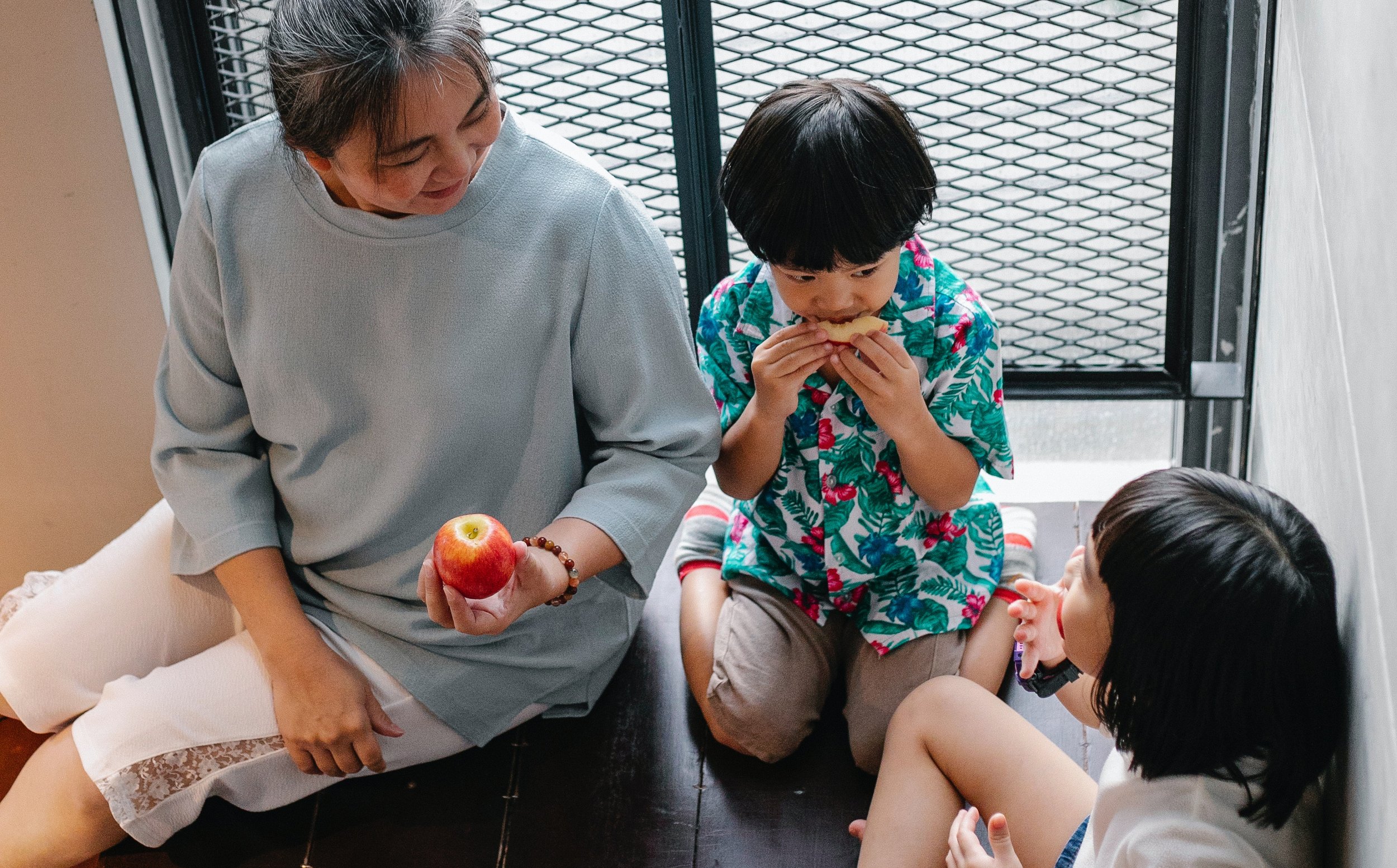
Four Hawaiʻi nonprofits receive critical investment from national anti-hunger organization as SNAP cuts loom
These investments will help power Hawaiʻi advocates fighting for policy-based solutions designed to break the cycle of hunger and strengthen food security for future generations.

Community coalition celebrates passage of school meal expansion bill
The Hawaiʻi State Legislature has approved Senate Bill 1300, which will expand free school meal access to keiki in the ALICE population over the next two school years.

Hawaiʻi Appleseed welcomes Will White as its new Executive Director
White brings extensive experience in advocacy, policy, and community engagement to the role.

State legislature must do more to protect Hawaiʻi’s vulnerable, struggling renters
Our existing statutes don’t do nearly enough to keep renters stable in an unstable housing market; yet, year after year, the legislature has punted the issue down the road.

“Beyond the Ticket” report imagines traffic enforcement reforms to reduce harm
Hawaiʻi comes down hard on minor traffic violations that pose little to no threat to the public; this punitive approach does little to advance public safety, harming struggling communities instead.
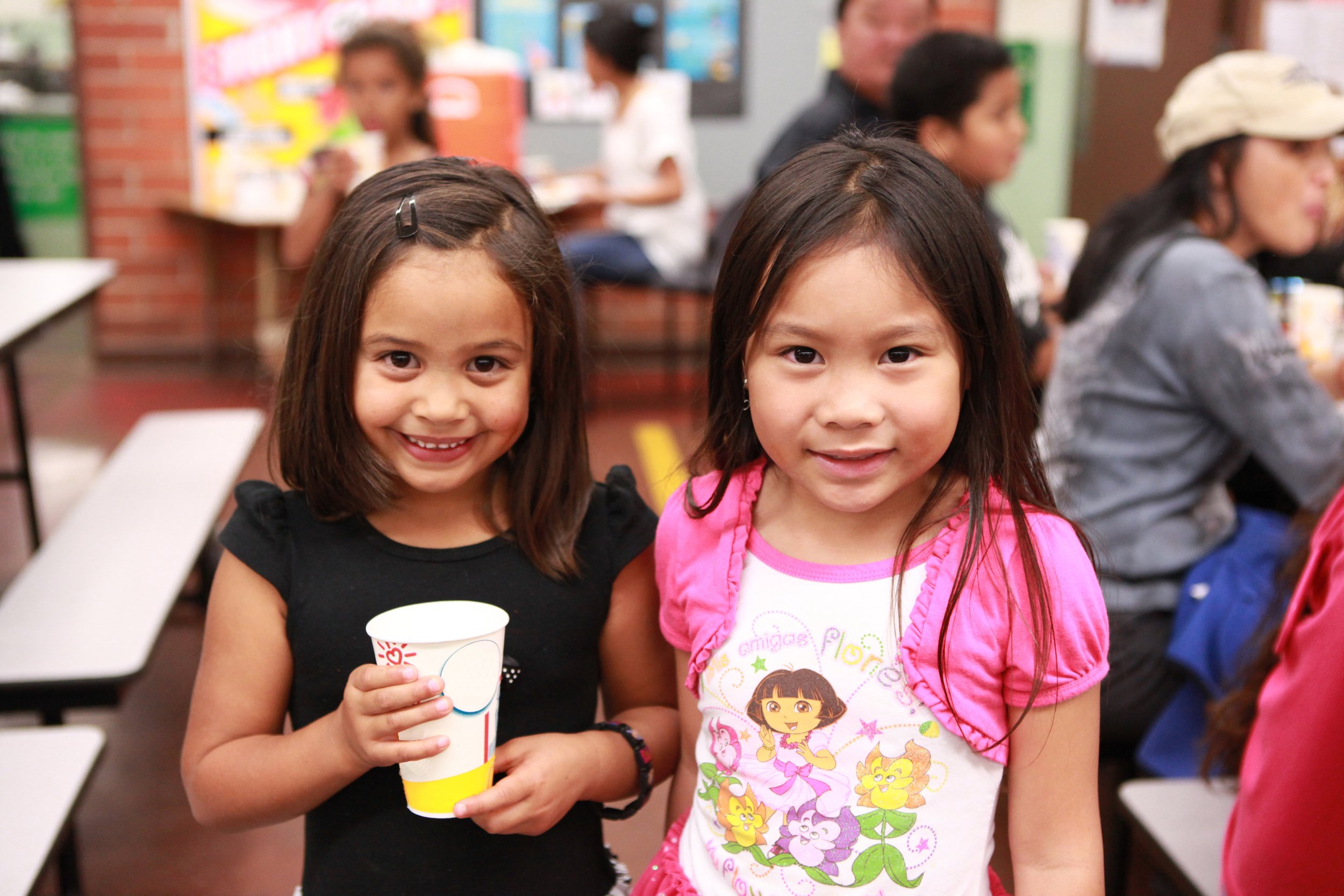
Community forum will bolster political will behind Universal Free School Meals
Free School Meals 4 All: A Community Forum will take place Sat., March 15 from 9:30 - 11:30 a.m. at McKinley High School auditorium.

Recent state tax cuts leave many struggling families behind, in need of more help
Tax credits can help round out relief efforts at low cost to the state by targeting assistance only to the families that need additional support.

Hawaiʻi poised to offer nutrition support services to Medicaid patients
With approval of Hawaiʻi’s Section 1115 Medicaid Demonstration Waiver, community-based food and nutrition organizations can soon begin to offer healthy food as medicine.
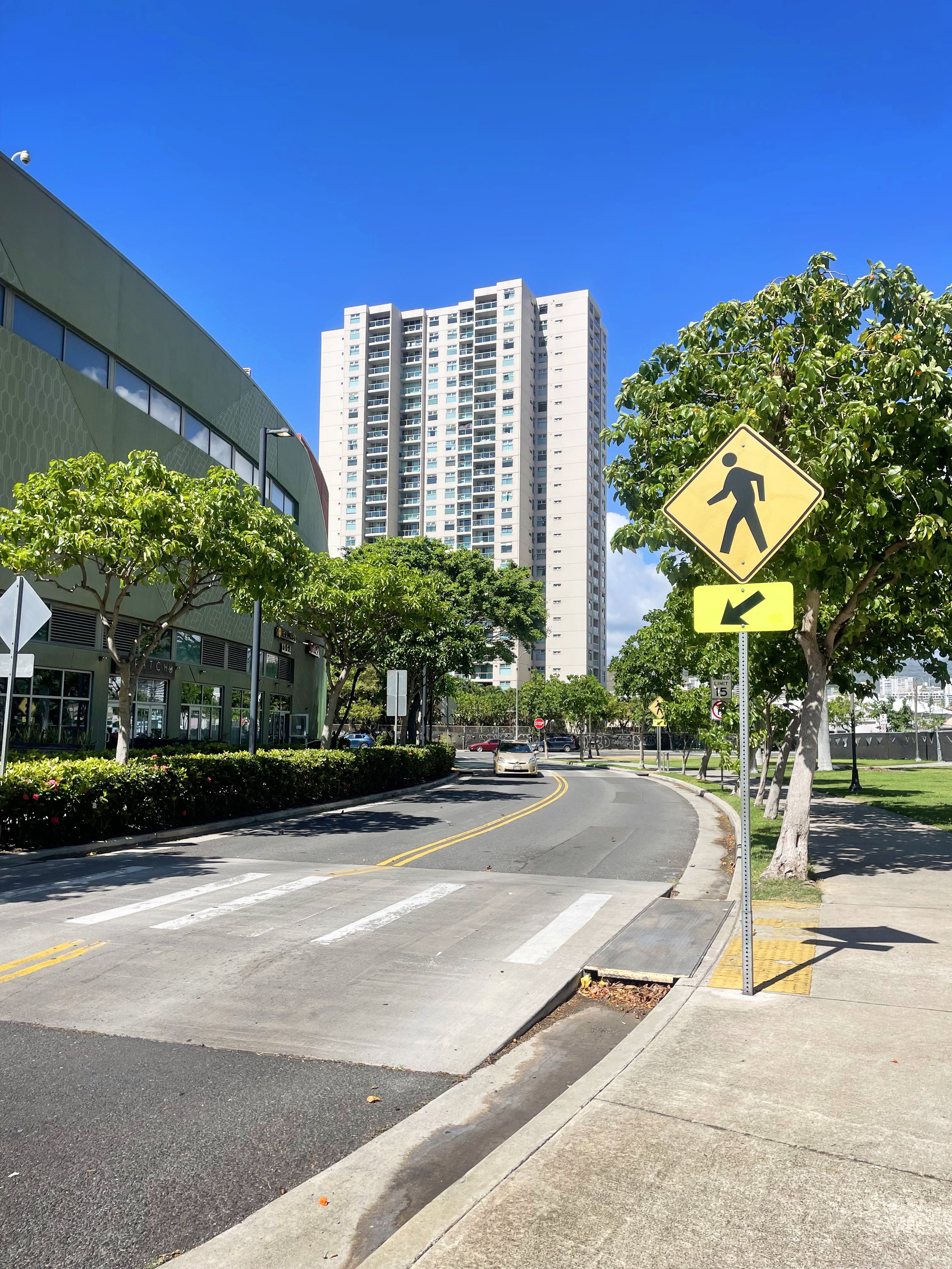
New policy report calls for major shift in Hawai‘i’s transportation spending to address unmet mobility needs, traffic congestion and emissions
Over the last 5 years, 66.3 percent of the state’s transportation budget has gone toward projects that increase vehicle capacity, while only 1.5 percent has gone to reducing vehicle travel.
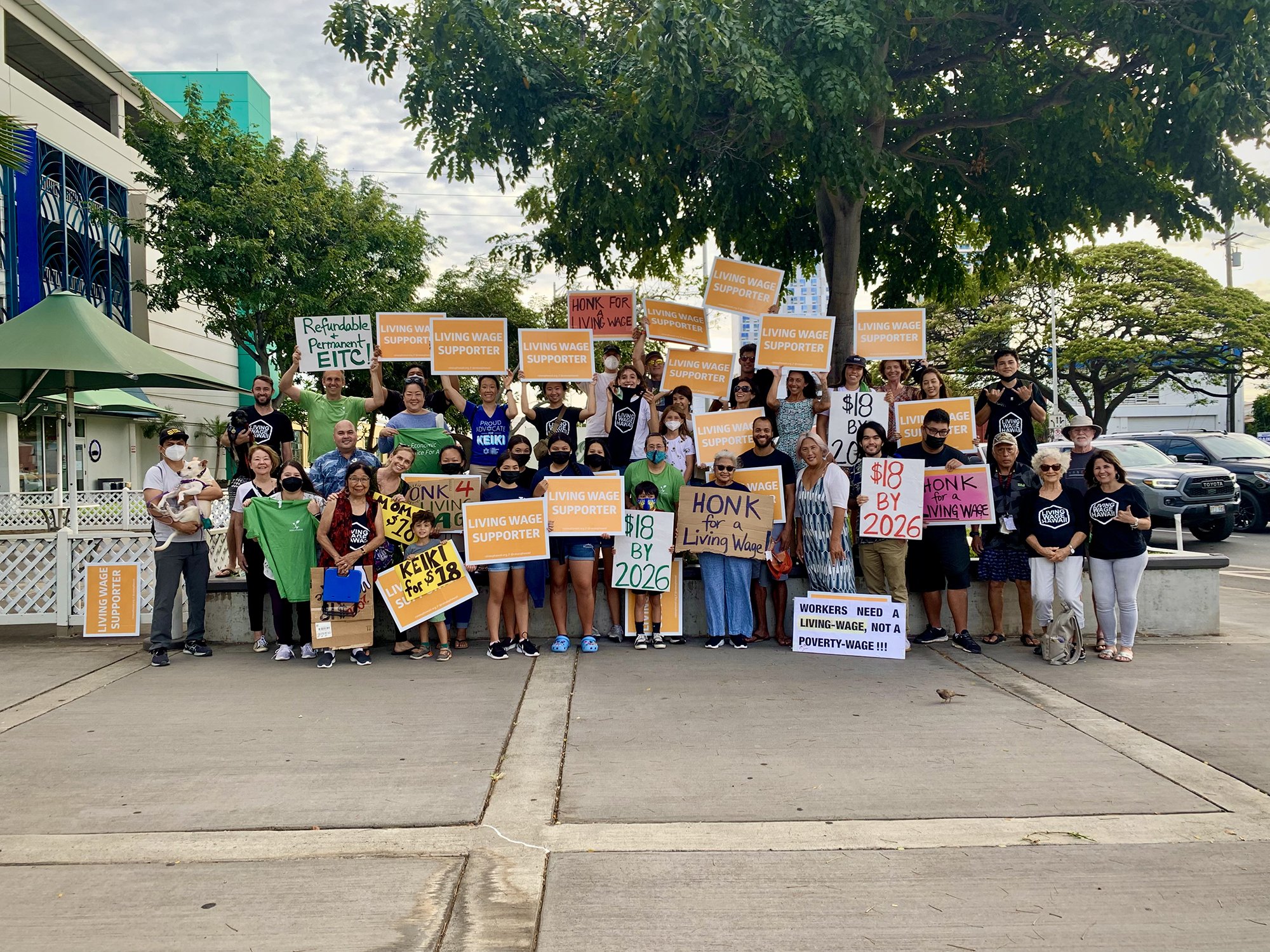
Hawaiʻi Appleseed launches 20 year anniversary giving campaign
The nonprofit hopes to raise $100,000 from individual and corporate donors by December 31.

Hawaiʻi’s conveyance tax can be an effective tool to address our housing crisis
Hawaiʻi lawmakers have an opportunity to tailor the sales tax on real property so that it reinvests nonresident wealth into our island communities through affordable housing development.
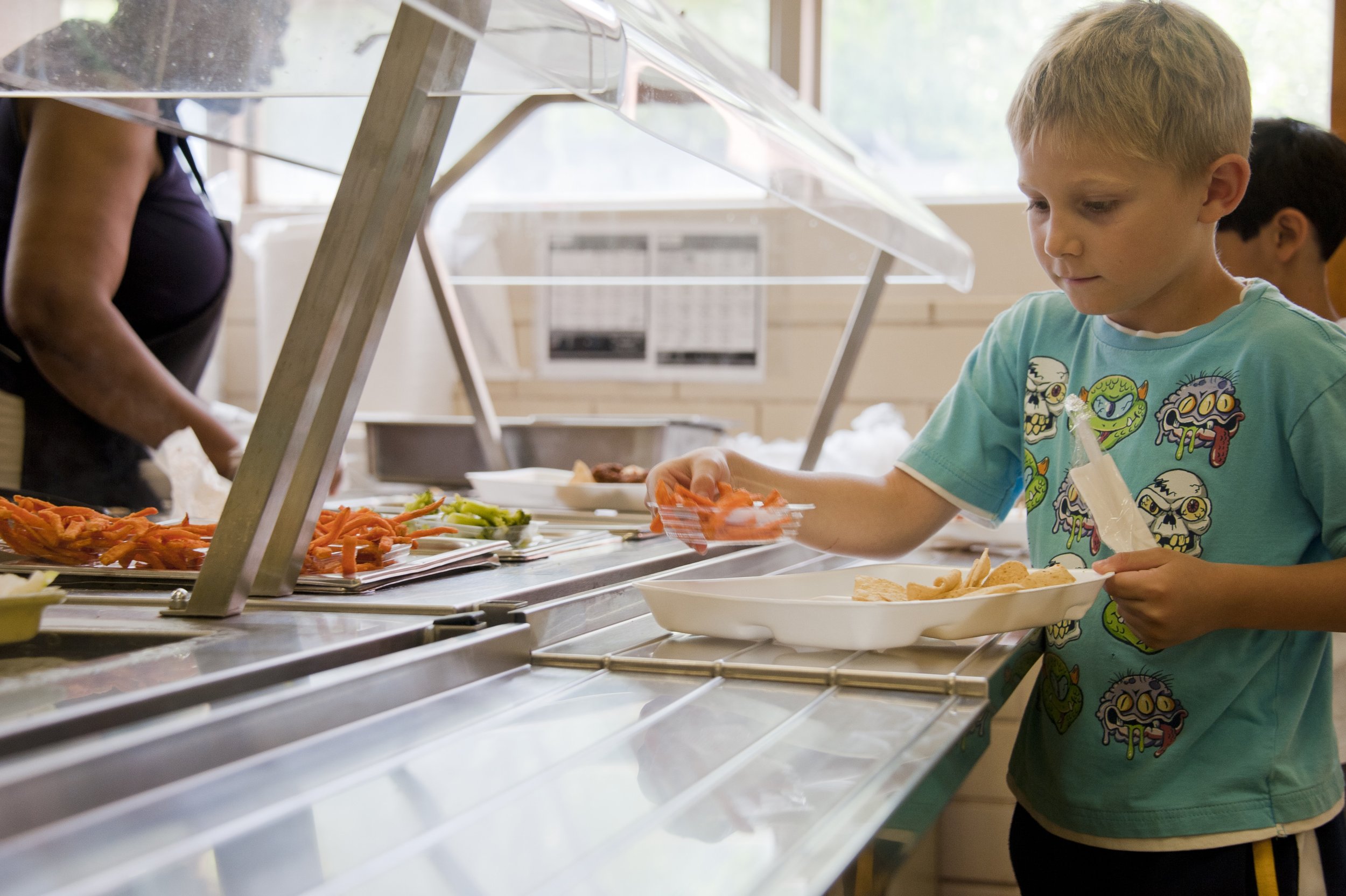
New report calls upon the state to join a growing national movement and provide free meals to all Hawaiʻi public school students
Extending free meals to all public school students would cost about $25 million per year—about 1 percent of the DOE’s operating budget.

Hawaiʻi’s tax system makes inequality worse, national study finds
Hawaiʻi lawmakers can improve the economic health of our communities by re-balancing the state’s upside-down tax code.

Hawaiʻi’s low wages relative to its cost of living put a serious strain on society, local economy
In a new report, Hawaiʻi Appleseed researchers demonstrate how chronically low wages have prevented Hawaiʻi’s working families from thriving, and outline the significant cost that poverty exacts from these families, from future generations, and from all of us.
